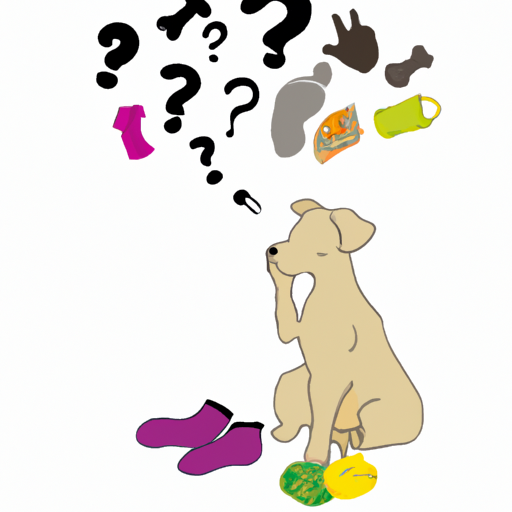1. Introduction
You, as a caring pet owner, might be puzzled why your fluffy companion often hides his face. It’s an adorable gesture, yet it often leaves us wondering what’s going on in their canine minds. This article seeks to explore this intriguing behavior and provide some insightful explanations.
2. Understanding Canine Behavior
Understanding your pet’s behavior is like deciphering a complex language. Each gesture, each bark, each tail wag has a meaning. When your loyal friend hides his face:
- He might be feeling shy or submissive
- He could be signaling playfulness
- He might be trying to avoid something unpleasant
- In some cases, it could be a sign of discomfort or illness
Let’s dive deeper into these possibilities.
3. Shyness or Submissiveness
Dogs are social animals. They have a clear structure in their packs, with some dogs being more dominant and others more submissive. If your pet often hides his face:
- He might be displaying a submissive behavior towards you, recognizing you as the pack leader.
- He might be feeling shy or intimidated, especially in the presence of strangers or other dogs.
4. Playfulness or Avoidance
Just like children hide their faces while playing peek-a-boo, dogs too engage in similar antics. If your dog hides his face:
- He might simply be in a playful mood, inviting you to join his game.
- However, if he does this when you pick up his leash or the bathing essentials, it could be his way of avoiding an activity he doesn’t particularly enjoy.
5. Discomfort or Illness
While it’s often nothing more than an endearing quirk, persistent face hiding could indicate discomfort or illness. Watch out for other symptoms like:
- Excessive scratching
- Whining or unusual vocalizations
- Changes in eating or sleeping habits
If you notice any of these, getting your pet checked by a vet would be advisable.
FAQs
Q: Is face hiding a cause for concern?
A: Not usually. It’s often a sign of submissiveness, shyness, playfulness, or avoidance. However, if accompanied by other symptoms, it could indicate discomfort or illness.
Q: What should I do if my dog hides his face often?
A: Observe your pet’s behavior. If it’s accompanied by any other unusual symptoms, consider a veterinary consultation.
Q: How can I stop my dog from hiding his face?
A: If your pet hides his face due to fear or anxiety, providing a safe, comfortable environment is crucial. Training and socialization can also help.
Remember, every dog is unique. What might be playful behavior for one could be a sign of discomfort for another. It’s all about knowing your pet, understanding his behaviors, and providing him the care and comfort he needs. After all, that’s what being a caregiver is all about.



